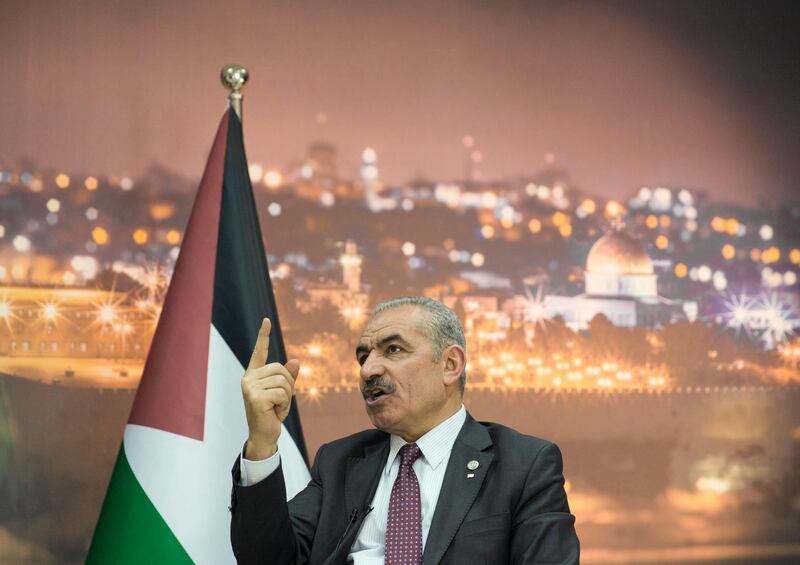The Palestinian economy, largely kept afloat by donor aid and the limited resources of the Palestinian Authority, is on the brink of "severe fiscal shock". A World Bank report, due to be presented to Brussels at the end of this month, found "urgent resolution" was needed to stop the economy slipping into crisis and to improve living standards. Palestinians have been squeezed in recent months by an increasing number of restrictions on dual-use goods coming into Gaza and the West Bank. Anything from fertiliser for agriculture to building materials can be deemed by Israelis to have possible nefarious purposes, with reviews of items allowed in taking months. In the meantime, development and the GDP have stagnated, plummeting growth rates are unable to keep pace with the burgeoning population and unemployment stands at more than 50 per cent. All this comes amid a climate of fear and violence from Israeli occupiers, who withheld the payment of $138 million in taxes to the PA earlier this year, amid claims they were being diverted to political prisoners. The PA's response was less than noble; in retaliation, it refused to accept the reduced amount and as a result, cut wages and social assistance by 30 per cent and increased its borrowing.
In this climate of funding cuts, hardship and deprivation, a new Palestinian government was sworn in this week, headed by prime minister Mohammed Shtayyeh, who described it as "financial war". But the truth is, the new cabinet comes at a time when the Palestinian leadership is at its weakest point in decades. Fractured by internal disputes, scarred by mismanagement, it is far from unified, a fact newly re-elected Israeli prime minister Benjamin Netanyahu has been exploiting to the fullest, with the help of the far-right at home and his US allies. Indeed, Hamas declared the line-up a "separatist government" with "no national legitimacy", which will no doubt have occupiers rubbing their hands together with glee. The only real victims in this, who are being squeezed financially at every turn and suffering from a lack of basic services and job opportunities, are ordinary Palestinians. The World Bank estimates the cuts will amount to a financing gap of more than $1 billion this year, up from $400 million last year. The PA has no way of making up this shortfall, other than increasing borrowing. Israelis are undoubtedly hoping to push Palestinians to the brink of economic exhaustion, so that when the US administration finally reveals its so-called peace deal, Palestinians will feel they have no choice but to accept it. That cannot happen. Palestinian leaders must find unity to give their people a basic quality of life and to prevent haemorrhaging their rights to statehood, which once lost, will be lost forever.





